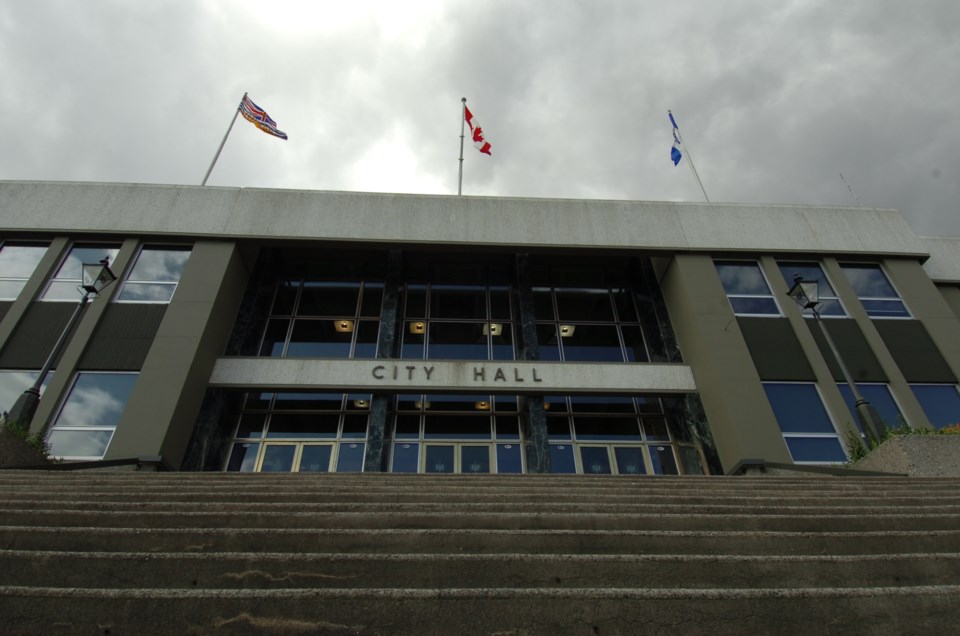New Westminster wants the province to use its ABCs to tackle poverty.
City council has endorsed the B.C. Poverty Reduction Coalition’s ABC plan and agreed to encourage the provincial government to develop and implement a provincial poverty-reduction strategy that includes measures proposed in the ABC plan before February 2019. Council also committed to working with the provincial government in implementing the plan.
“I think we all are aware that B.C. has had one of the worst child poverty rates in the country for many, many years. In fact, one in five kids still live in poverty,” said Coun. Nadine Nakagawa. “The B.C. government has endorsed a poverty-reduction strategy. I think that the ABC plan is asking for it to be accountable, bold and comprehensive – so ABC.”
While the City of New Westminster is interested in working to address poverty, it’s not something the city can do on its own, Nakagawa said.
“The plan also acknowledges that municipalities can’t bear sole responsibility for this work. In fact, senior levels of government do need to step up,” she said. “Often municipalities are the first to respond because they are closet to the issue, but we simply do not have the resources within municipalities to work on poverty reduction. In fact, what we often work on is poverty impact mitigation and not true poverty reduction.”
Coun. Jaimie McEvoy believes the city can play a leading role in pursuing this issue though the Lower Mainland Local Government Association, the Union of B.C. Municipalities and the provincial government.
“This is an important motion. I think it’s quite consistent with our strategic plan that we pursue this and try and be a leader in changing provincial policy,” he said. “I can tell you that while the rate of child poverty is one in five, when you look at the actual breakdown of that you get a lot bigger numbers in some areas. For visible minority children, the rate is 23 per cent. For Aboriginal children off-reserve only, it’s 30.9 per cent and for recent immigrant children it’s 44.9 per cent. So child poverty rates in British Columbia are big, in terms of the average, but they are through the roof when you start looking at some of the specific groups that are affected.”
In addition to urging the province to take strong action to address homelessness, Mayor Jonathan Cote said the city’s motion also states New Westminster wants to partner with the provincial government on the strategy. He said that’s important because it’s through partnership of the different levels of government that gains will be made to address poverty.
“I think this is a well-timed motion. I think we all recognize that the provincial government is currently working on a poverty-reduction strategy, which is probably long overdue,” he said. “I think the time to push to make sure this strategy is as bold and as aggressive as possible. From a city perspective, it’s in local communities that we often see the negative impacts of poverty in our local neighbourhoods.”



